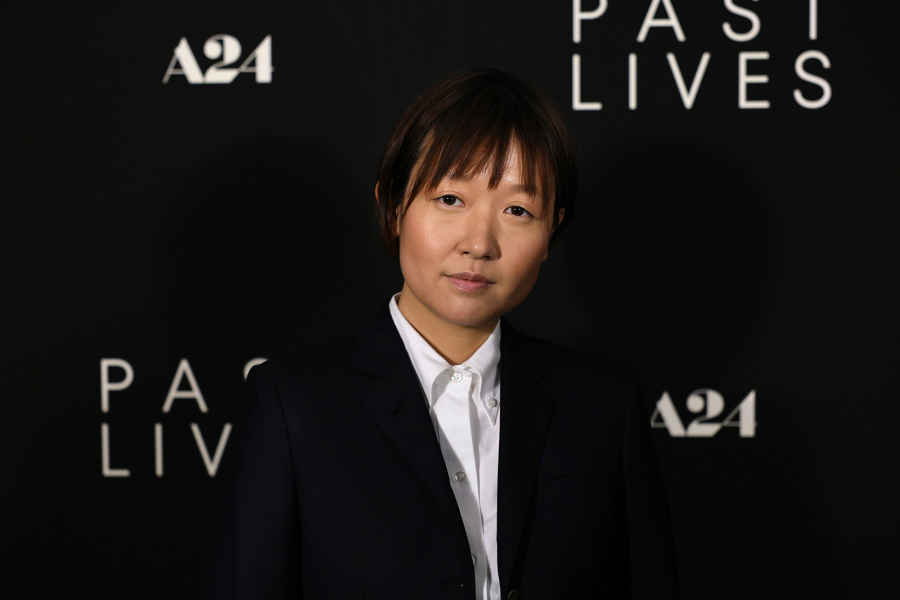CHICAGO — “First time in Chicago!” Celine Song says, grinning, in between talking about her superb feature film debut as writer-director, “Past Lives.” We’re having coffee downtown, the morning after her film played the Chicago Critics Film Festival at the Music Box Theatre.
Also, “first time at the Music Box! That theater is so magical! You can just feel the history. I know Chicago best through ‘The Bear.’ Do Chicagoans love ‘The Bear’?” Some do, some don’t, I say. The geographical-accuracy police hate it most of all, I tell her. “Ah, yes, I get a little like that with New York movies. And I suspect some New Yorkers will feel that way about mine. The train locations aren’t always correct.”
Song’s story in “Past Lives” spans 24 years in the life of Nora (Greta Lee), whose family leaves Seoul, South Korea, for Toronto when the girl was 12 and went by the name Na Young. Twelve years later, at the dawn of Skype, Nora reconnects online with her dear, distant Seoul childhood sweetheart Hae Sung (Teo Yoo), who remains in South Korea.
“Past Lives” then takes another 12-year leap forward. Nora, now a writer, has married Arthur (John Magaro), also a writer. Now 36, Hae Sung visits New York with no stated reason, though to Nora, as well as Nora’s husband, the unstated reasons are clear enough, and stir within Nora questions of cultural dislocation and identity. The story came from a similar incident in Song’s life five years ago.




